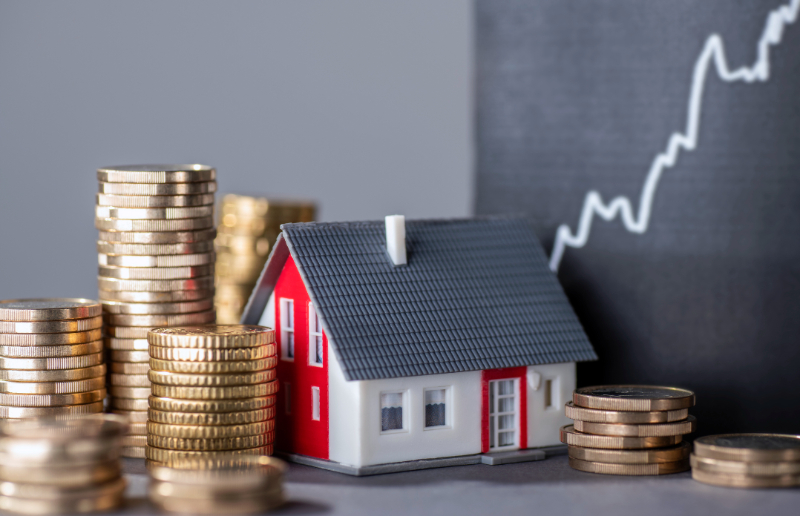
Introduction
New York City, often referred to as the concrete jungle, is home to some of the most coveted real estate in the world. The NYC real estate market is a dynamic and ever-evolving ecosystem that is influenced by a multitude of factors, and one of the most significant of these factors is interest rates. In this article, we will explore the intricate relationship between interest rates and the NYC real estate market and discuss how fluctuations in interest rates can send ripples through this iconic market.
Understanding Interest Rates
Interest rates, set by the Federal Reserve, are the cost of borrowing money. When interest rates are low, it becomes more affordable to borrow money, which can stimulate spending and investment. Conversely, when interest rates are high, borrowing becomes more expensive, potentially slowing down economic activity.
Impact on Mortgage Rates
One of the most direct ways in which interest rates affect the NYC real estate market is through mortgage rates. Mortgage rates closely follow movements in the federal funds rate, which is controlled by the Federal Reserve. When interest rates are low, banks offer lower interest rates on mortgages, making homeownership more accessible and attractive to prospective buyers.
Conversely, when interest rates rise, borrowing costs increase, leading to higher mortgage rates. This can deter some potential buyers from entering the market or cause them to reconsider the size and type of property they can afford. In NYC, where real estate prices are among the highest in the nation, even a small change in mortgage rates can have a significant impact on affordability.
Impact on Investment and Development
Interest rates also play a pivotal role in the real estate investment and development sectors in NYC. Real estate developers often rely on loans to fund their projects. When interest rates are low, developers can secure financing at a more favorable cost, incentivizing the construction of new buildings and developments. This can lead to increased supply in the real estate market, which may help to stabilize or even lower prices in certain segments.
Conversely, higher interest rates can increase the cost of borrowing for developers. This can lead to a slowdown in construction projects and a reduction in the supply of new properties, potentially driving up prices in a city where demand consistently outpaces supply.
Investor Behavior
Investors, including those in the NYC real estate market, pay close attention to interest rates. When interest rates are low, traditional fixed-income investments like bonds may offer lower returns, prompting some investors to seek higher returns in other asset classes, such as real estate. This increased demand from investors can further heat up the NYC real estate market, especially in the luxury segment.
However, when interest rates rise, bonds and other fixed-income investments may become more attractive, leading some investors to shift their money out of real estate. This can put downward pressure on prices, particularly in the luxury real estate market, where investors often play a significant role.
Conclusion
Interest rates are a crucial factor that can significantly impact the NYC real estate market. The relationship between interest rates and real estate is complex, with low rates stimulating demand and development while high rates can have the opposite effect. Investors, homebuyers, and developers must carefully monitor interest rate trends and adjust their strategies accordingly.
As we move forward, the NYC real estate market will continue to be influenced by a myriad of factors, including interest rates. Understanding how these rates affect the market is essential for anyone looking to buy, sell, or invest in the Big Apple’s iconic real estate market.
